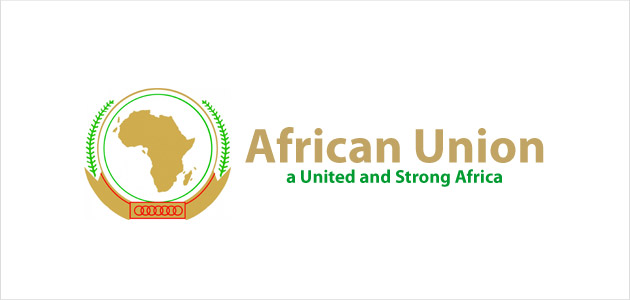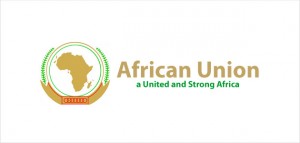Ahead of the United Nations General Assembly 2016 High Level Meeting on Ending AIDS (New York, 8th – 10th June 2016), the African Ministers of Health held a meeting in Geneva, on Saturday, 21st May 2016 and agreed on a Common African Position (CAP).
“The Common Africa Position is critical in the political declaration negotiations that are ongoing. It is imperative that Africa negotiates as one block, highly impacted by AIDS, and demand a political declaration that commits to bold strategies that aim to end the AIDS epidemic as a public health threat by 2030”, said Dr. Mustapha Sidiki Kaloko, the Commissioner for Social Affairs at the African Union Commission.
The Health Ministers meeting agreed that through sustained leadership and political commitment at various levels Africa has made significant progress in responding to the AIDS as a public health threat. The world achieved the UN General Assembly Political Declaration target of having 15 million people on treatment by 2015, nine months ahead of schedule, with 10.7 million people on ART in Africa alone, up from fewer than 100,000 in 2002. As a result, AIDS-related deaths decreased by 48% between 2005 and 2014. New HIV infections in Africa declined by 39% between 2000 and 2014.
However the leaders were unanimous to say that despite the unparralled progress, the AIDS epidemic is an unfinished business. At the end of 2014, there were 25.8 million people living with HIV in Africa South of the Sahara. Approximately 800,000 people died of AIDS-related causes in Africa south of the Sahara in 2014. TB remains the leading cause of death among people living with HIV. In 2014, there were an estimated 1.4 million new infections, approximately 70% of the global total of new infections.
Some of the common positions taken in the meeting were;
- As the continent heavily impacted by AIDS, the Common Africa Position demands a political declaration that commits to bold strategies that aim to end the AIDS epidemic as a public health threat by 2030.
- It seeks to commit to a Political Declaration that has global targets and strategies, as well as Africa-specific targets.
- The proposed targets for Africa are to reduce AIDS-related deaths to less than 375,000 per year by 2020, and less than 150,000 per year by 2030; reduce new HIV infections to less than 375,000 per year by 2020, and less than 150,000 per year by 2030 and end HIV-related discrimination by 2020.
- The CAP provides concrete recommendations in eight broad areas that include Africa specific targets in the political declaration negotiations, treatment, stopping new HIV infections, human rights, gender and social protection, sustainable financing, strengthening health systems, access to affordable and quality assured medicines, commodities and technologies and leadership and accountability.
The African leaders as delegates to the United Nations General Assembly 2016 High Level Meeting on Ending AIDS (New York, 8th – 10th June 2016) had shared the above common position in the meeting with the aim of forging partnership with international community.
At the end of the high level meeting in New York a new political declaration adopted by United Nations Member States emerged to chart a course to end AIDS as a public health threat by 2030. The leaders committed to implementing a bold agenda to end the AIDS epidemic by 2030.
The progressive, new and actionable political declaration includes a set of specific, time-bound targets and actions that must be achieved by 2020 if the world is to get on the Fast-Track and end the AIDS epidemic by 2030 within the framework of the Sustainable Development Goals. The meeting was convened by the President of the General Assembly and co-facilitated by Switzerland and Zambia. At the opening, the President of the General Assembly, Mogens Lykketoft, urged Member States to commit to action.
“All stakeholders must now step up to the plate. Today is the day that we collectively say that we will end the AIDS epidemic by 2030,” said Mr Lykketoft. “We must pay greater attention to equality and inclusion, uphold human rights and speak out against stigma and discrimination.” During the opening plenary, the United Nations Secretary-General, Ban Ki-moon, said that the AIDS response had been a “source of innovation and inspiration,”
“For the first time in history we can say that in Africa there are more people initiating HIV treatment than there are new HIV infections,” said UNAIDS Executive Director Michel Sidibé. He also underlined the importance of inclusion, saying, “The doors of the United Nations should be open to all.”
Beyond the Geneva and New York Meetings, can African leaders deliver on their common position and promises? Can they commit and spend domestic resources for HIV/AIDS?
All comments to Dr Aminu Magashi Garba Coordinator Africa Health Budget Network & Publisher Health Reporters (healthweekly@yahoo.com)





